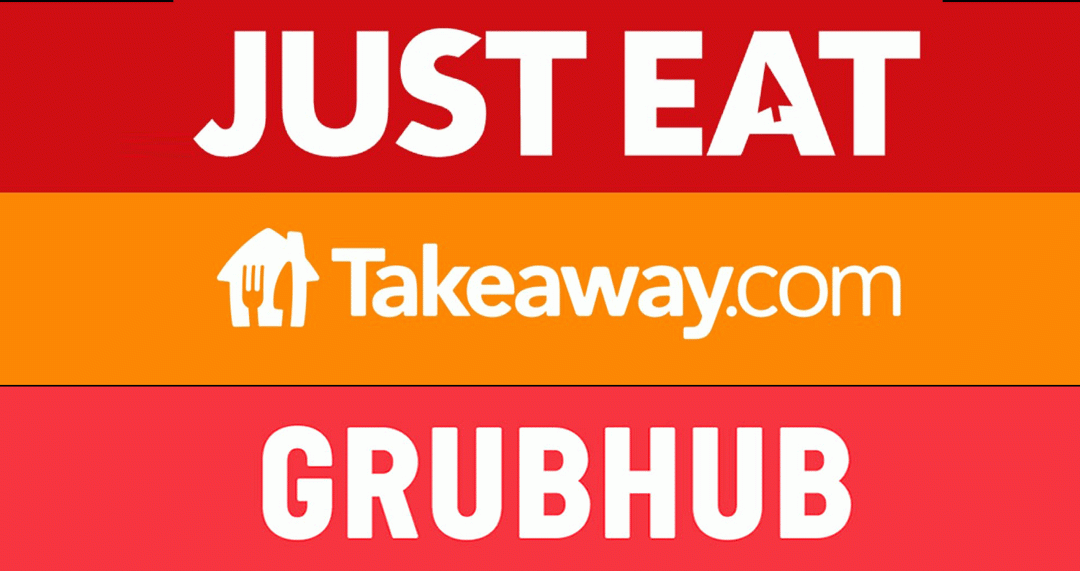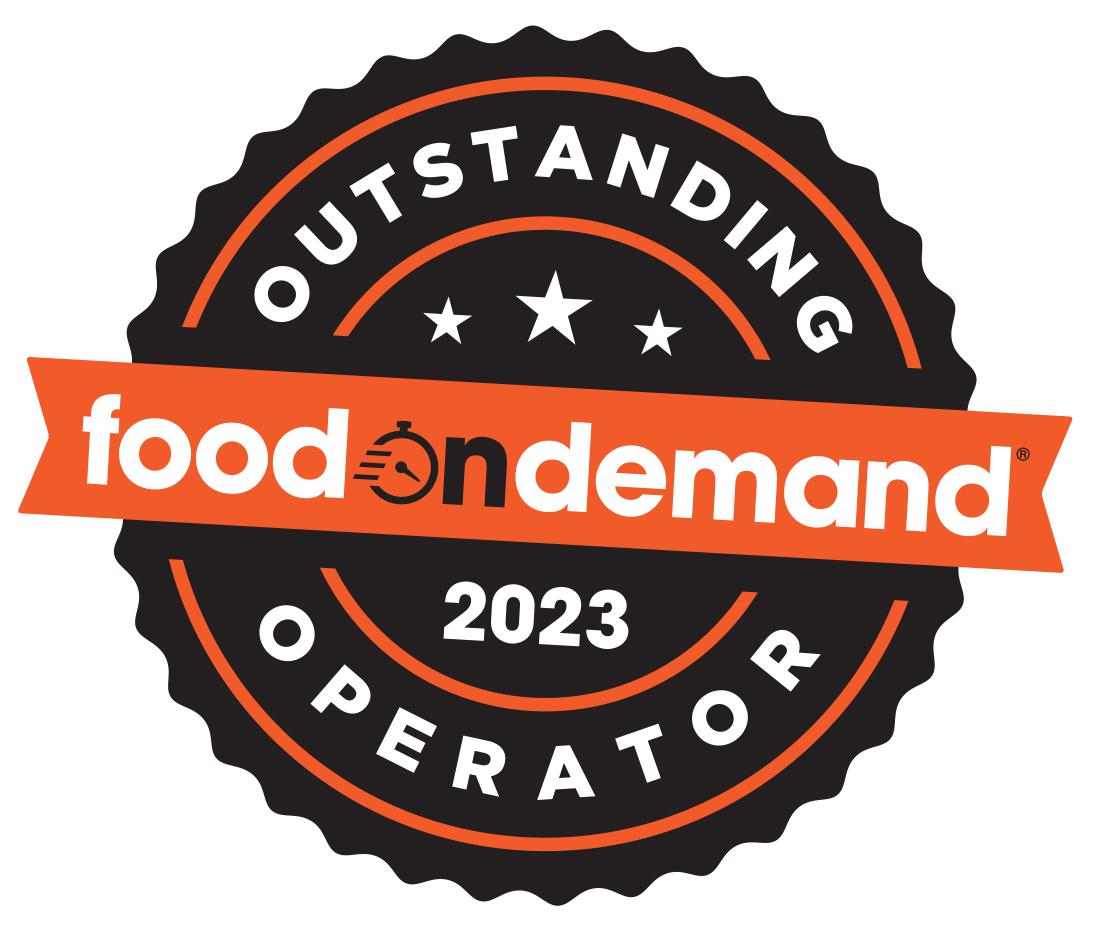Grubhub (NYSE: GRUB) reported strong second-quarter results and gave a few updates on the Just Eat Takeaway.com (JET) transaction. The company released the results without an earnings call as the company has chosen not to hold calls until the close of the JET acquisition.
Revenue and user growth continued on the solid trajectory seen in the first quarter, but there were some weak spots. Revenues hit $459.3 million, a 41 percent increase from 2019. Net income, however, sank to negative $45.4 million, a sharp decrease from $1.3 million in income reported in the second quarter of 2019 and a slowdown from negative $33.4 million seen in the first quarter. Earnings per share was negative 49 cents compared to 1 cent per share last year and negative 36 cents in the first quarter.
The business metrics were all solid. Active diners grew by 35 percent to 27.5 million as the company added more than 7 million new active diners. Daily average grubs, the company’s measure for daily transactions, grew to 647,000—a surge of 32 percent over last year when the company ticked downward in average transaction growth. Operations and support costs surged by 96 percent year-over-year as the number of Grubhub-delivered orders exploded.
Total food sales reached $2.3 billion, a nearly 60 percent jump from $1.5 billion in the second quarter of last year. That puts the company on a path toward $9 billion in gross food sales for 2020 compared to $5.9 billion in 2019.
Grubhub President and CFO Adam DeWitt said the quarter was a continuation of strong trends and evidence that more people are shifting to digital delivery during the COVID-19 pandemic.
“The strong trends we observed in April persisted throughout the quarter with year-over-year DAG growth accelerating each month,” said DeWitt in a statement. “With that strength continuing in July, it is becoming more clear that the current environment has advanced the secular shift toward online food ordering. We remain confident that focusing on restaurant supply and diner loyalty will enable us to keep growing in a sustainable and profitable manner.”
Founder and CEO Matt Maloney said the company spared no expense supporting restaurant partners through the brutal changes brought about by COVID-19.
“Our singular focus for the second quarter was to support our restaurant partners as much as possible in their time of need. With a little help from increased demand, we are proud to announce we were able to spend approximately $100 million supporting and keeping restaurants, drivers and diners safe during these difficult times,” said Maloney.
That relief came in the form of $85 million on lowering diner fees, coupons and increased advertising that Maloney estimated pushed $200 million in incremental gross food sales. He said the other $15 million went toward the delivery network to improve the experience for drivers and keep them and restaurants safe.
As Maloney outlined in a letter to shareholders, its core New York market was hammered by the pandemic. He said gross food sales would be up almost 90 percent when taking corporate business and the New York market out of the metrics.
“Manhattan continues to be a drag as it is only partially open for business and many residents are choosing to live elsewhere temporarily,” read the letter. “However, in all areas of New York City, including Manhattan, growth consistently improved as the quarter progressed.”
That implies a surge of growth in both smaller markets and other large markets like Atlanta, Houston, where gross food sales were up between 110 percent and 150 percent and are just as profitable on a per-order basis as core markets of New York and Chicago.
As for the JET transaction, it’s largely in the hands of the regulators. As of July 2, the Competition and Markets Authority said it had no further questions to an initial brief on the acquisition. That process continues, and as recently seen in the Amazon investment into Deliveroo, it could take some time for an official word.
On July 7, the Federal Trade Commission said the initial antitrust review had been satisfied. The merger ink isn’t quite dry yet either, the shareholder letter said unnamed closing conditions in the merger remain to be satisfied—common language for complex deals like this.




